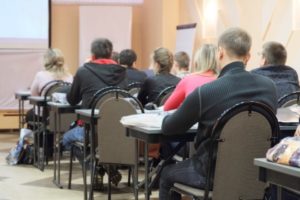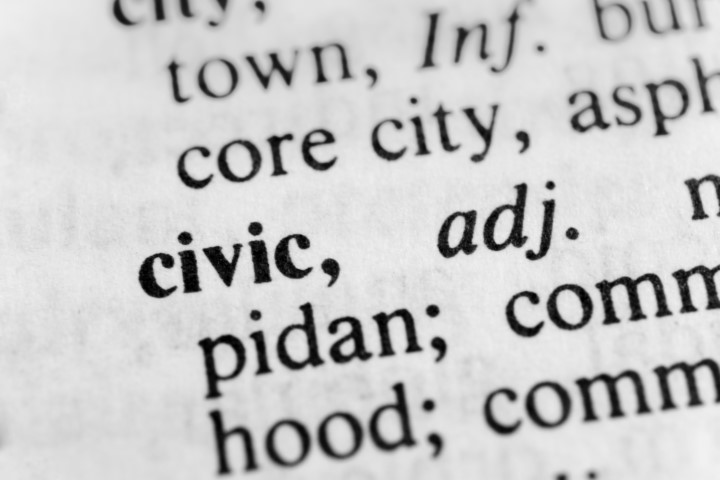Ed Pole, Washington state resident and member of The Olympian newspaper’s Board of Contributors, wants parents and educators to weigh in on the state’s new civics standards to ensure they’re not implemented with a political agenda.


Ed Pole, Washington state resident and member of The Olympian newspaper’s Board of Contributors, wants parents and educators to weigh in on the state’s new civics standards to ensure they’re not implemented with a political agenda.
In a recent editorial, Pole outlined new civics requirements under SHB 1896, approved by the state legislature last year, and concerns about how schools will frame the discussion. The bill requires students to earn half a credit in high school civics to graduate, and it states lessons should cover all levels of government, state and U.S. constitutions, and current electoral issues, as well as values and “character traits” defined in the state education code.
Students must pass a U.S. citizenship test, and the new law also calls for the Office of the Superintendent of Public Instruction to develop training materials and learning opportunities for educators across the state.
Pole wrote:
At first blush this seems like a good bill, benign or even admirable. A bit of reflation reveals a note of caution. The content of these courses and materials should be of concern. The character traits are ones that almost all would support. However, no mention is made of natural law nor English common law – both of which the United States is founded. Will issues such as the Second Amendment, citizenship, speech, and federal versus state powers be discussed in a politically neutral manner? Will the 9th and 10th Amendments even be discussed? (I consider them the most important and most neglected of the first 10.)
I am disturbed that the content of the courses and the education of the teachers will have little input from the public, especially parents. Given the nature of education courses at universities over the last 20 to 30 years, the content of the courses are likely to be politically skewed. I fear group rather than individual identity is likely to be the focus, and group rights rather than individual rights will take precedence. I’m concerned that hierarchy and power will be blamed for wrongs rather than individual actions.
Pole concluded by calling on parents to dig into how the new civics curriculum will be implemented in their child’s school, to examine information and materials on the state website, and to take action to ensure the new requirements accomplish what they’re designed to do: educate students about how government works, and their obligations as good citizens.
The call to action is in itself a lesson in civics – one that speaks to the importance of connecting with communities for truly effective education.
Sociologist James Davison Hunter, founder of the Institute for Advanced Studies in Culture, wrote in “The Tragedy of Moral Education”:
Individuals are social creatures inextricably embedded in their communities. As such, their identity, their most meaningful relationships, and their morality can only develop from a healthy connection to the social fabric of which they are a part.
Educators focused on teaching civics through strong connections to their communities can find a wide variety of resources at the Center for Civic Education, which provides “teacher links” for everything from authentic assessment, civic education organizations, and historical documents, to lesson plans, national standards, and public policy.
For further reading on CultureFeed